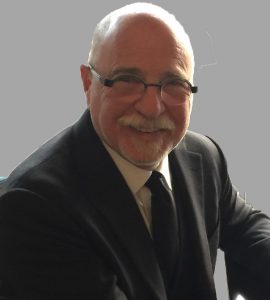 Professor Edward Felix MD FACS
Professor Edward Felix MD FACS
I was born and raised in Chicago Illinois and received my primary education there. Undergraduate college education was at the University of Michigan in Ann Arbor Michigan. I attended the University of Illinois medical school from 1967 to 1971. Surgical training was at the University of Illinois Hospital in Chicago under the direction of Dr. Lloyd Nyhus. I spent two years at the NIH completing a fellowship in surgical oncology. I remained a faculty member, assistant professor in surgery at the University of Illinois and directed the oncology unit at the Cook County Hospital. In 1980 I moved to Fresno California with my wife, where I raised my family and remained until 2014. In 1990 I became keenly interested in minimally invasive surgery and have devoted the majority of my time since then performing, teaching, and studying minimally invasive surgery. I have written and lectured extensively on MIS and its application in the treatment of hernias, foregut disease, and obesity and metabolic disease. I was a clinical faculty member at UCSF while practicing in Fresno. I was the director of the Clovis Hospital Bariatric Center and Fresno Hernia Center until 2014. For five years, I was the director of a Fellowship Council certified Fellowship in minimally invasive and bariatric surgery in Fresno utilizing Clovis community Hospital as the teaching institution.
In 2014 I moved from central California to the central coast of California where I have been a senior surgical consultant and surgeon at the Marian Weight Loss Center at Marian Regional Medical Center in Santa Maria California. I'm actively involved in SAGES and ASMBS as well as a member of the board for the Fellowship foundation. Presently I am a subject editor for the journal surgical endoscopy, the sages journal. At this time, I continue to be actively involved in surgical treatment and care of bariatric patients as well as several investigational projects in the field. My goal is to continue to improve the field of bariatric surgery as well as continue to improve the care of individual patients.